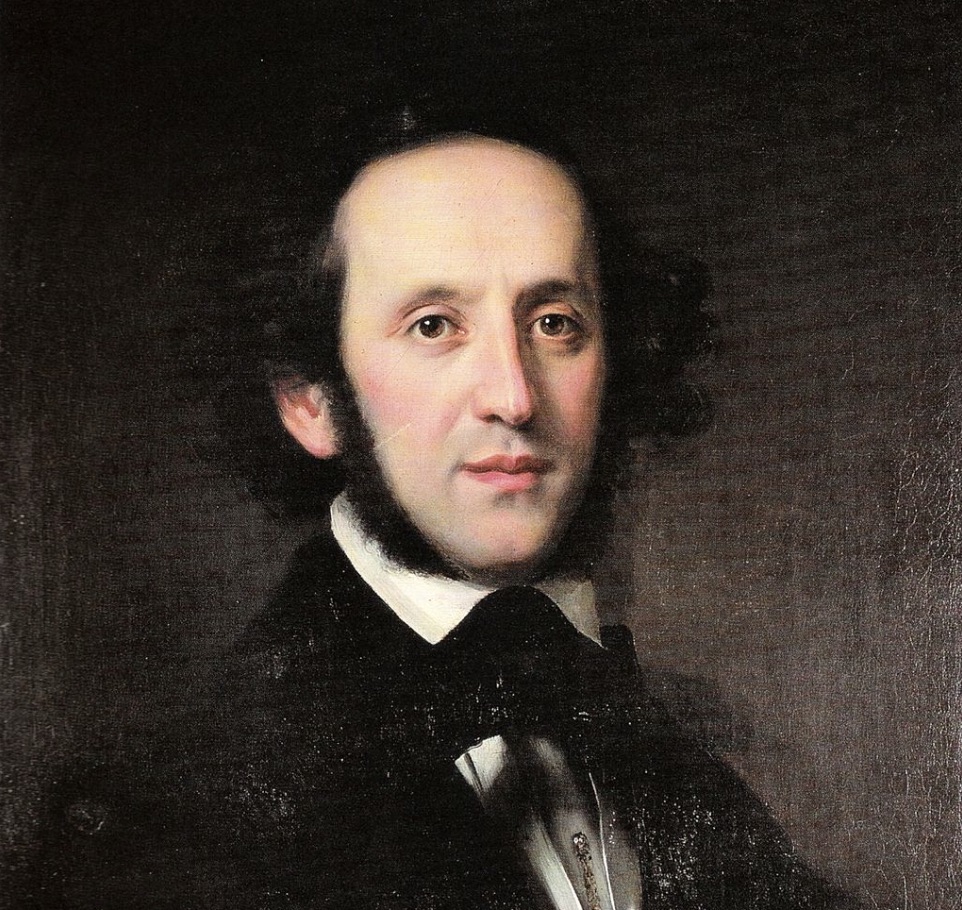
Felix Mendelssohn was born on February 3, 1809 in Hamburg, an independent city state that is now in Germany. Mendelssohn’s mother taught him to play the piano when he was 6 years old, and within three years, he gave his first public concert. In 1821, when Felix was 12 years old, the great German writer and philosopher, Johann Wolfgang von Goethe saw the young prodigy perform. Effusive in his praise, he observed, “Musical prodigies … are probably no longer so rare; but what this little man can do in extemporizing and playing at sight borders the miraculous, and I could not have believed it possible at so early an age…what this child has already accomplished, bears the same relation to the Mozart of that time that the cultivated talk of a grown-up person bears to the prattle of a child.”
Mendelssohn wrote 12 string symphonies between age 12 and 14 and a piano quartet and by age 15, had written his first symphony for full orchestra. His famous Overture to Shakespeare’s A Midsummer Night’s Dream, was completed in 1826, when he was only 17 years old. During the next 21 years, Felix contributed many outstanding compositions, including 5 symphonies to the music repertoire. When he died of a stroke on November 4, 1847 at the age of 38 his legacy qualified him as one of the greatest composers of classical music.
Explaining why he wrote Songs without Words, he explained, “Even if, in one or other of them, I had a particular word or words in mind, I would not tell anyone, because the same word means different things to different people. Only the songs say the same thing, arouse the same feeling, in everyone – a feeling that can’t be expressed in words.”
